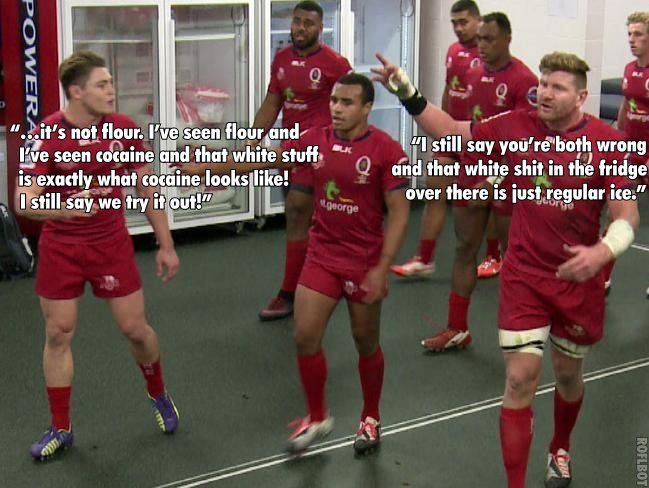Yes, it does. I agree the headline has little to do with the article. But an experts commenting on how it can help players in game and recover - that sounds pretty clear to me. A couple of quotes straight from athletes about how it helped them. Once again, I have no problem with cocaine except believing that it is a dumb decision for an athlete given the repercussions and nothing to do with whether is common or should be allowed. He is extremely fortunate this wasn't an official test and unfortunately it makes the whole testing process look piss weak.
“Cocaine boosts performance by increasing alertness, reactivity and aggressiveness,” Xavier Bigard, scientific adviser to the French Anti-Doping Agency (AFLD), told AFP.
“In reality, the situations where cocaine helps performance are in short burst, high-intensity efforts like in a weightlifting movement.” In rugby it could help a sudden explosive effort, a split second decision or to resist the crunching effects of tough tackling.
“It is a very practical product, easy and cheap to buy, for taking care of match after-effects and putting up with the heavy workload,” said former French rugby international Laurent Benezech, author of a controversial 2014 book on the use of drugs in rugby.
Cocaine “stimulates the nervous system, stops you from being hungry, being tired, helps you overcome exhaustion. It gives an athlete the feeling of being invincible, of being a superman. It is a feeling you cannot resist”, the 2012 relay champion wrote.

